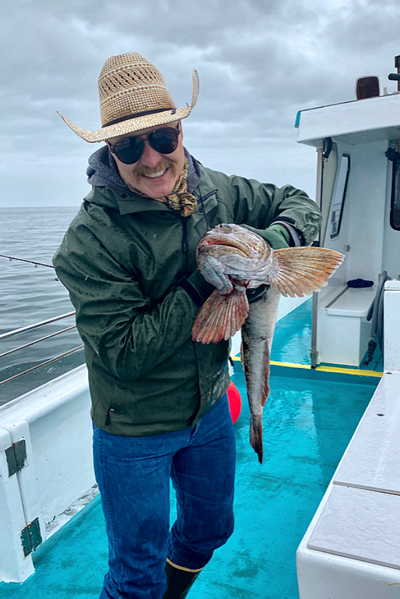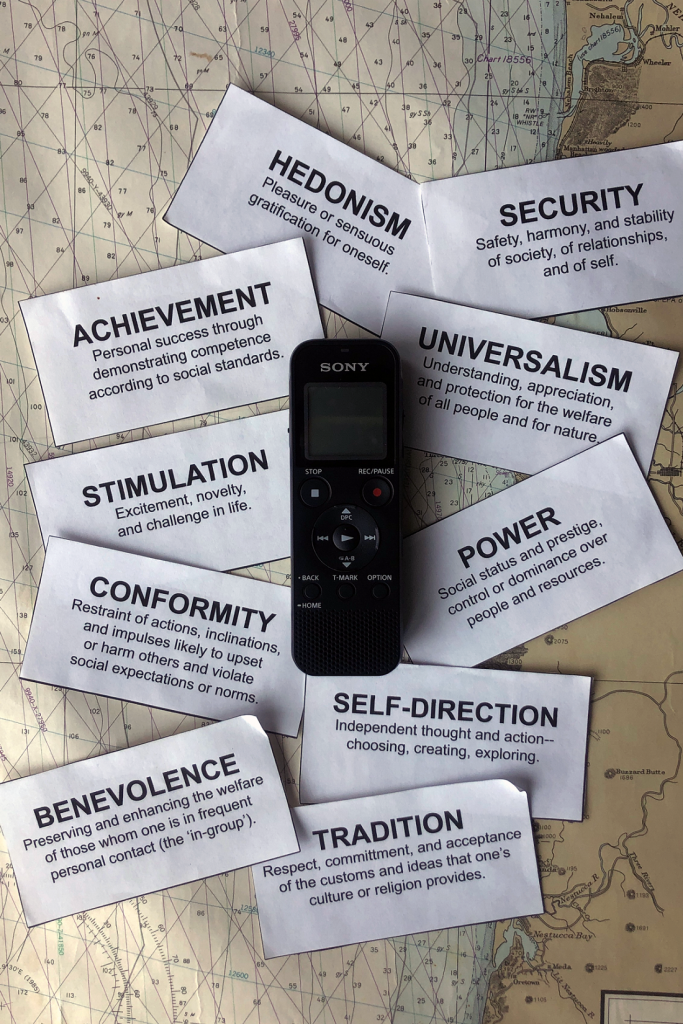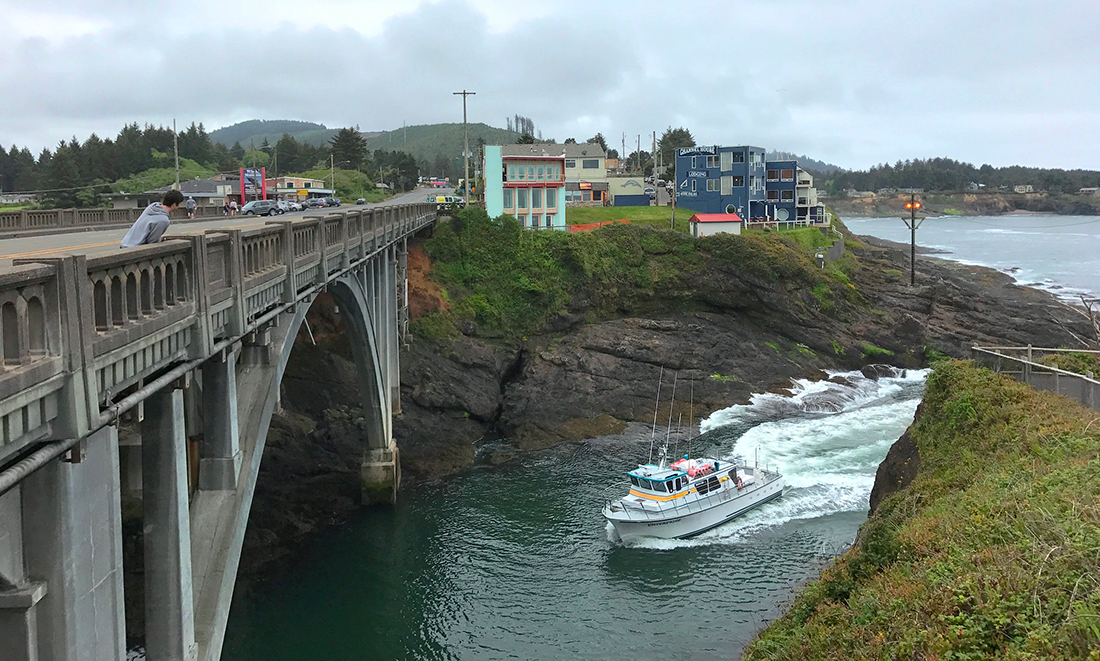By Guest Contributor and Research Collaborator Vaughn Robison
Master’s Student, Oregon State University
There’s no hiding from the fact that Oregon’s marine reserves have caused contentious conversations. This is true even when both communicators desired the same outcome, such as the reserves’ mandate to conserve marine resources while avoiding adverse impacts on ocean users and coastal communities. These types of conflicts have been attributed, in part, to value systems clashing and contributing to misunderstandings within these conversations.
A STUDY OF THE FISHING COMMUNITIES OF GARIBALDI, DEPOE BAY, AND PORT ORFORD
A study this summer from Oregon State University (OSU) will explore how fishing communities use their values to communicate social and economic impacts caused by the state’s marine reserves. It will also examine how they use their values to communicate their trust for ODFW to manage these areas.

The study builds upon research from Dr. Elizabeth Marino, a cultural anthropologist who identified sources of resistance from Oregon’s fishing communities toward the reserves and the initial impacts they experienced. The study also builds on her resulting suggestion that ongoing monitoring of these impacts should reflect the fishing community’s values. Marino will continue to lead the forthcoming study, but has recruited a coastal resident with deep connections to the fishing community to help conduct the research’s in-person interviews.
That’s me, Vaughn Robison, a Depoe Bay resident and graduate student in OSU’s Environmental Arts & Humanities masters and Fisheries Management certificate programs. I’m thrilled by the opportunity offered by Dr. Marino and ODFW to help shape this study and apply it toward my thesis.
In addition to satisfying my thesis, the study will also support ODFW’s legislative mandate to track and describe the human-dimension impacts caused by the reserves. In addition to understanding these impacts, recognizing how they are communicated can later be used by the agency and others to enhance conversations with fishing communities about them.
But talking to these communities using their value systems first starts with listening to what they are. It also helps to expand on why they are so critical.
VALUE SYSTEMS
Value systems are the cognitive and social structures that guide each of us and the groups we associate with as we navigate the world. This includes how we conceive, experience, and communicate working toward the various outcomes we desire. Our values also influence our attitudes, beliefs and actions toward stimuli we experience along the way, such as marine reserves. Values are dimensional, meaning different ones can work with or against one another. Because they are so deeply ingrained in each of us, though, our values are unlikely to change, even for the sake of working together toward conservation.
With this understanding, my study with Dr. Marino allows fishing community members to explicitly self-select their values in our interviews. The process starts with me asking a question about potential impacts from the marine reserves. The subject will then select a value that speaks to their own from a deck of cards that represents a spectrum of prominent values. The subject will then use this value to guide their answers to my question.

This innovative interview process was developed with insight from commercial and charter fishermen. They indicated that values can vary widely even between members of these small and tightly-knit social groups. By allowing each research subject to select their own values, Dr. Marino and I aim to prevent assumptions about the complexity of their experiences while also capturing rich and accurate data about them.
So while I’m on the docks interviewing members of the Garibaldi, Depoe Bay, and Port Orford fishing communities this summer, I encourage you to look through the deck of cards in the images I’ve included and think through how your own values guide your thoughts and conversations about marine reserves.
VALUES THAT DRIVE MY WORK
I’ll pull two cards to provide an example that offers deeper insight into the values that drive my own work on this project.
“Tradition guides my 120-plus-year family history of fishing in an area that became a marine reserve and our three generation collaboration with ODFW to better understand fisheries resources. This tradition has also sometimes pushed the agency to produce more rigorous research.”
“Universalism steers my desire to understand the complex human-nature relationships between fishing communities and fisheries resources upon which they rely. It also drives my desire to communicate this understanding as far and wide as possible after collecting data this summer.”
